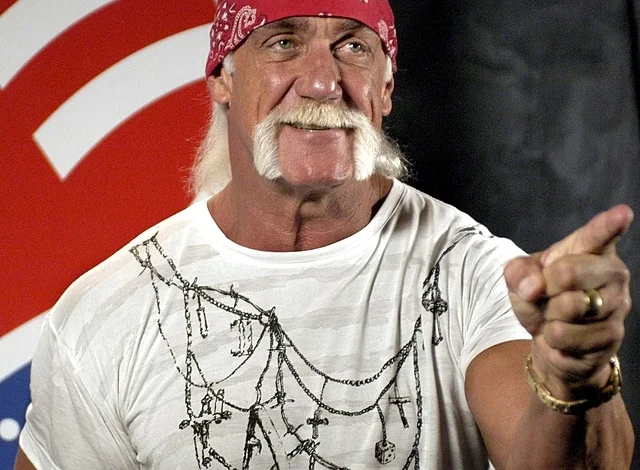Hulk Hogan, legendary wrestling icon, dies
Photo: Petty Officer 1st Class Kristin Fitzsimmons, USN, Public domain, via Wikimedia Commons Terry Gene Bollea, better known as Hulk Hogan, the iconic figure who catapulted wrestling

Photo: Petty Officer 1st Class Kristin Fitzsimmons, USN, Public domain, via Wikimedia Commons
Terry Gene Bollea, better known as Hulk Hogan, the iconic figure who catapulted wrestling to a global level, died this Thursday at the age of 71. According to TMZ, he suffered cardiac arrest at his residence in Clearwater and was taken to the hospital, where he was pronounced dead.
A life of Hulkamania and unforgettable achievements
Hogan was, without a doubt, one of the most iconic faces of the WWEHis charisma and muscular physique helped popularize wrestling in the 1980s and 1990s, starring in the first WrestleMania in 1985. He won to the at least six WWE titles, triumphed twice in the Royal Rumble and was inducted into the Hall of Fame in 2005.
Hero in and out of the ring
Hogan's body was as iconic as his presence. With his signature bandana, horseshoe mustache, and iconic phrase "Whatcha gonna do, brother?", became a cultural figure. He also ventured into film with roles in Rocky III and Gremlins 2, as well as on television, with the series Hogan Knows Best.
A Titanic human heart
Despite his deteriorating health in recent years, Hogan remained active. Just two days before his death, his friend and former manager Jimmy Hart stated that he was "in excellent health." However, cancer surgeries had dogged him: more than 25 operations in a decade, including on his neck, back, and hip.
Legacy, controversies and reactions
Although Hulk Hogan never held public office or formally ran for office, he was indirectly linked to American politics, especially through his closeness to former President Donald Trump and his image as a patriotic idol.
During his career, he flirted with the idea of running for president several times, though he always did so in a humorous tone or as part of a show's narrative. His public discourse often extolled traditional values such as family, discipline, and national pride, which earned him sympathy within conservative circles.
Culturally, Hogan became a symbol of the "American Dream" during the 1980s and 1990s, representing a heroic and moralistic vision of the ideal American.
However, his legacy was marred by personal scandals, such as the leak of racist comments in 2015, which temporarily removed him from the public eye. Although he was reinstated in WWE years later, these episodes limited any serious political aspirations or influence. However, his presence as a cultural figure influenced the collective imagination of strength, nationalism, and spectacle in the United States.
For more stories like this, follow More Latin.
Sources:
